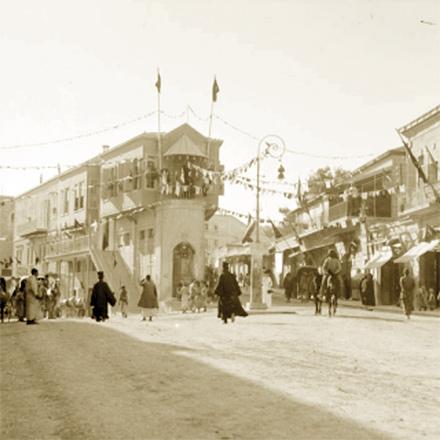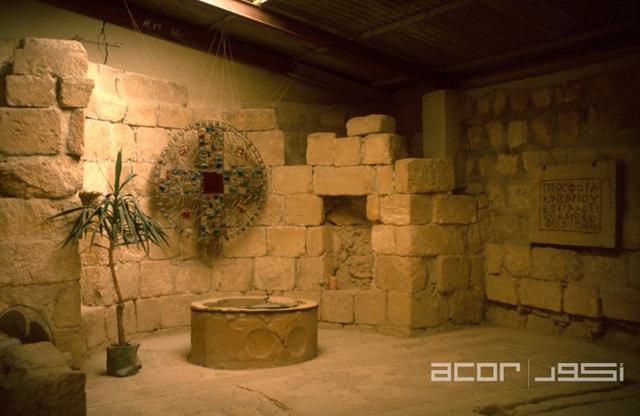You are here
Symposium traces region’s charitable organisations through the centuries
By Saeb Rawashdeh - Nov 19,2019 - Last updated at Nov 19,2019
AMMAN — A symposium titled “Charity and Humanitarian Action in the Middle East from Antiquities to the Present Day” was held at the French Institute of the Near East (IFPO) in Amman on Sunday and Monday.
The symposium centred on the quote by political scientist Michel Maietta: “Caring for the sick, the poor and the victims in the larger sense and easing their suffering are gestures of solidarity as old as humanity.”
The event gathered scholars from Jordan and the world, discussing establishments such as ptôcheia (asylums for the poor), xenodocheia (asylums for strangers), imaret (soup kitchens) and jamaiyat khayriyya (charitable foundations) during the ancient and modern periods.
“Aristocratic women who supported the church in the late 4th and following centuries are well-documented in the writings of the church fathers,” said Marlena Whiting, a historian from University of Amsterdam, noting that these elite women often dispersed wealth to help the poor and turned their households (especially if they became widows) into monastic institutions.
The focus of her talk was on the period after 313 AD when Christianity became legalised in the Roman Empire and when, in the later period, it enjoyed the direct support of the imperial Roman family, Whiting said.
“Here we have private benefactors who can donate money directly to the charity or to the church,” she noted, adding that after the 4th century, there were new ways of organising public funds used for infrastructure repairs to assist cities that had undergone famine or war.
In times of the collapse of state authorities, “the church and its clergy would step up, becoming not only spiritual but state leaders”, Whiting stressed.
In the 1860s, Jerusalem was one of the first cities within the Ottoman Empire to found a municipality, said a French researcher from IFPO, Falestin Naili, noting that the municipality was consolidated in 1871 following the Vilayet Laws.
The special focuses of municipalities were public health and social welfare, Naili said, adding that the early approach tended to “confine needy to their dwelling places”, and after the Ottoman laws on municipalities in 1877, the responsibility of municipalities was to build structures for the poor.
“The Middle East profoundly changed after the first World War, and it faced massive population flows and health crises,” said Marie Levant from University of Sorbonne, adding that the Catholic Near East Welfare Association (CNEWA), founded in 1920, tried to both help eastern Christian communities and counter the influence of Protestant missions in the region.
However, in the later stages, the Vatican modified the role and aims of CNEWA, she said.
One of the major problems that researchers face is the lack of non-biased sources, said Whiting, noting that many narratives about female figures who led those charities are combined with stories of miracles rather than events based on concrete evidence.
Related Articles
AMMAN — Although municipalities have been primarily defined in terms of service and public policy, they are potentially important poli
AMMAN — During late antiquity, wealthy women often travelled from western parts of the Roman Empire to visit holy sites and shrines in the L
AMMAN — Yarmouk University President Zeidan Kafafi, the Director of the French Institute for the Near East (IFPO) in Jordan Falestin Naili a

















